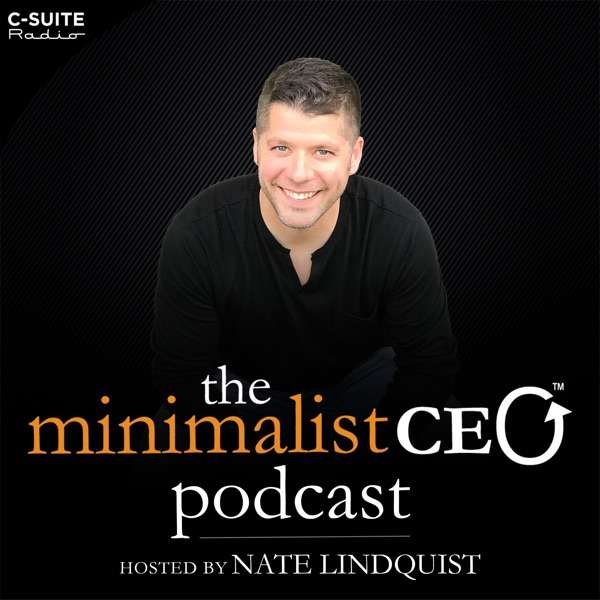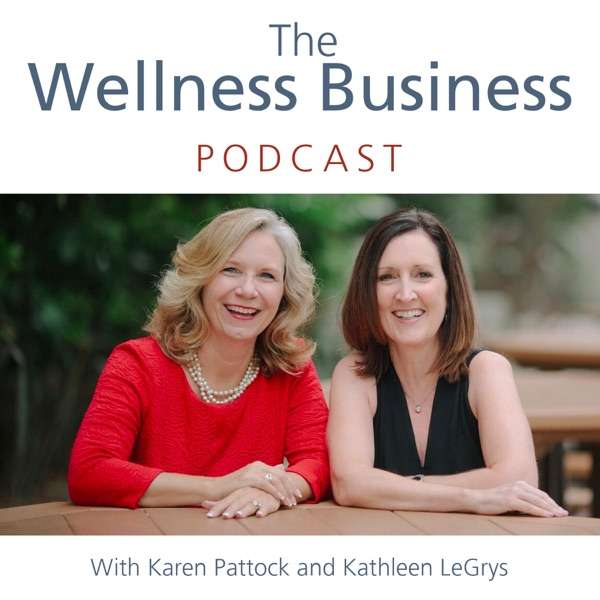Marty Cagan is the founder and a partner at Silicon Valley Product Group, a leading product consultancy that aims to get companies to work "the way that the best companies work". He is the author of two desk references for product managers: "Inspired", aimed at product teams, and "Empowered", aimed at product leaders. He has since come to realise that "the way the best companies work" is too vague a term, and also that many companies have no idea where to get started. He's now back with "Transformed", a book that aims to get companies to adopt the Product Operating Model.
A message from this episode's sponsor - New York Product Conference
Join hundreds of other product people in New York City on April 18th 2024 for the New York Product Conference! You'll learn from some of the best minds in product today — including Dennis Crowley (Founder of Foursquare), Sahil Lavingia (Founder of Gumroad), April Dunford (product positioning expert and bestselling author) and so many others through masterclass keynotes, interactive working sessions, small group discussions and more. Topics covered include Product Strategy, Product Leadership, AI for Product Managers, Customer Research, and more.
Pricing increases on the first of the month, so you'll want to register soon. Plus, use the code OneKnightInProduct and save another $50 when you register!
Episode highlights:
1. It was finally important to give the Product Operating Model a name
Whilst Marty doesn't like to unnecessarily label things, or have any sniff of "process" for the sake of process, he started to realise that just saying "the way the best companies work" was too vague and handwavy. However, the core principles of great product companies and product teams have not changed, and this isn't a framework.
2. Marty and SVPG didn't invent any of this stuff, and you shouldn't listen to him (or anyone) uncritically
These days, it's fashionable to beat up product "thought leaders" and complain that they're being too dogmatic, idealistic, or unrealistic. But, SVPG didn't invent any of these principles, they just observed them in the best-performing product companies. It's still important to apply critical thinking and make sure they make sense to you and your organisation.
3. Product managers and product leaders have more power and more responsibility than they realise
It's not always easy to transform, and there are limits to how far you can go bottoms-up, but you can generally make progress one step at a time. There's an incredible amount of onus on product leaders to evangelise and champion this change and, if they can't (or won't) do it, they shouldn't be product leaders.
4. Not everyone in an organisation will understand why it's transforming, or want to be transformed
It's easy to see this as something that just affects product teams, but the whole organisation needs to buy into the change. Reading bits of "Inspired" at them, or talking about the number of experiments you've done this week, is unlikely to sway them, You need to show business results and real impact and make them care about it on their terms.
5. There are four key competencies for a successful transformation, and they need investing in
The competencies remain the same... Product Managers, Product Leaders, "proper" Product Designers (not just pixel pushers) and Tech Leads who care as much about what they're building as how they're building it. If you just expect to get results with a disengaged, outsourced engineering team, graphic designers and product owners, you're going to be disappointed.
6. Sometimes you need help to know what good looks like
It's easy for people like us to sit there and talk about the benefits of product transformation and how we should all definitely do it but, for some people, this is all alien. In cases like this, a good product coach can be the difference between success and failure. But, there are so many product coaches these days, so make sure you get a good one.
Check out "Transformed"
"The most common question after reading INSPIRED and EMPOWERED has been: "Yes, we want to work this way, but the way we work today is so different, and so deeply ingrained, is it even possible for a company like ours to transform to the product model?" TRANSFORMED was written to bridge the gap between where most companies are right now and where they need to be. The leaders of these companies know they must transform to compete in an era of rapidly changing enabling technology, but most of them have never operated this way before. "
Check it out on Amazon.
Check out "Empowered"
"Most people think it’s because these companies are somehow able to find and attract a level of talent that makes this innovation possible. But the real advantage these companies have is not so much who they hire, but rather how they enable their people to work together to solve hard problems and create extraordinary products. The goal of EMPOWERED is to provide you, as a leader of product management, product design, or engineering, with everything you’ll need to create just such an environment. "
Check it out on Amazon.
Check out "Inspired"
"How do today’s most successful tech companies―Amazon, Google, Facebook, Netflix, Tesla―design, develop, and deploy the products that have earned the love of literally billions of people around the world? Perhaps surprisingly, they do it very differently than most tech companies. In INSPIRED, technology product management thought leader Marty Cagan provides readers with a master class in how to structure and staff a vibrant and successful product organization, and how to discover and deliver technology products that your customers will love―and that will work for your business. "
Check it out on Amazon.
Contact Marty
You can catch up with Marty at Silicon Valley Product Group or follow him on LinkedIn.
Related episodes you should like:

 Our TOPPODCAST Picks
Our TOPPODCAST Picks  Stay Connected
Stay Connected







